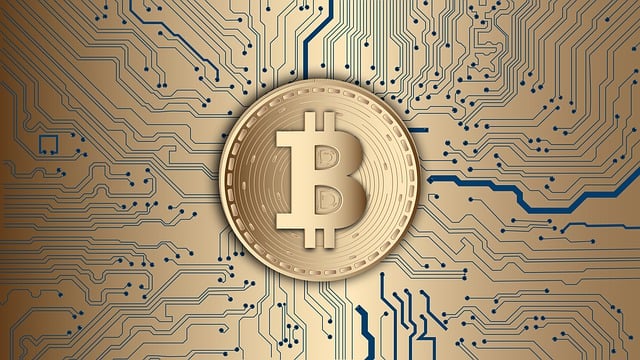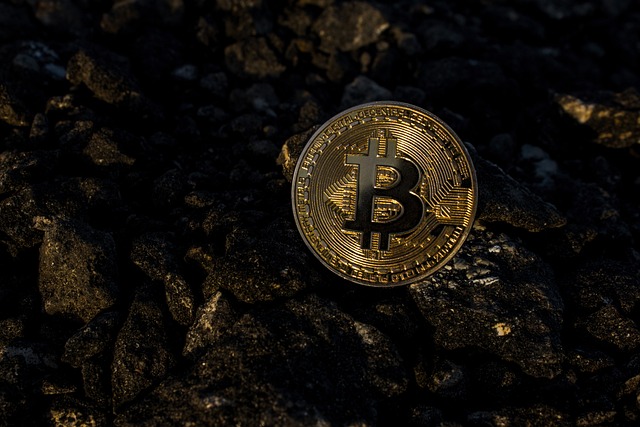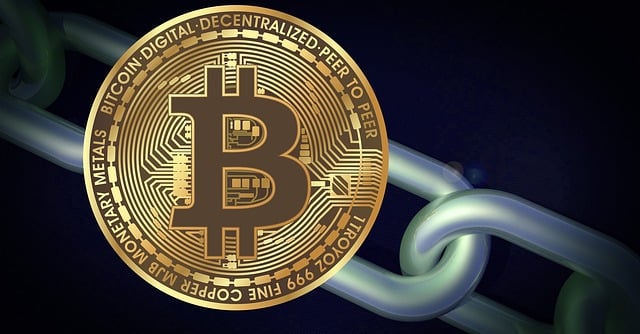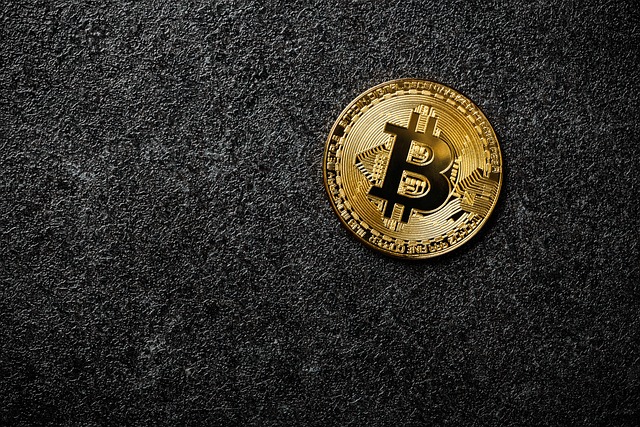The global financial system is rapidly evolving with the surge in popularity of cryptocurrencies and decentralized finance (DeFi) platforms like Uniswap and Aave. This growth has attracted millions but also exposed vulnerabilities prompting regulatory action worldwide. Countries are now drafting or implementing laws to balance DeFi's benefits with oversight, aiming for stability. Regulatory responses vary globally; some embrace blockchain while others remain cautious. The US focuses on investor protection, the EU prioritizes market integrity, and Asia-Pacific countries like Japan and Singapore promote innovation. Top DeFi platforms operate under these varying frameworks, creating legal uncertainty. Canada and Australia take a cautious approach, addressing concerns over money laundering and terrorist financing.
The global cryptocurrency market has experienced rapid growth and regulatory scrutiny. This article provides an in-depth overview of the evolving landscape, focusing on key players like the US, EU, and Asia-Pacific. We explore how regulatory changes impact crypto markets, analyze the legal status of top decentralized finance (DeFi) platforms, and delve into the unique challenges they face. Additionally, we look ahead to future trends, including Web3’s influence and international cooperation, shaping the cryptocurrency regulatory framework.
- The Global Shift Towards Cryptocurrency Regulation
- – Evolution of cryptocurrency regulatory frameworks worldwide
- – Key players and their approaches: US, EU, Asia-Pacific, and others
The Global Shift Towards Cryptocurrency Regulation

The global financial landscape is undergoing a profound transformation with the rise of cryptocurrencies and decentralized finance (DeFi) platforms. As the popularity of digital assets like Bitcoin and Ethereum grows, so does the need for clear regulatory frameworks to ensure stability, protect investors, and foster innovation. This shift towards regulation is not just a response to public concern but also a recognition of the potential impact of cryptocurrencies on traditional financial systems.
Top DeFi platforms, such as Uniswap and Aave, have attracted millions of users, highlighting the rapid adoption of these technologies. However, this rapid growth has also exposed vulnerabilities, prompting regulators worldwide to take action. Many countries are now drafting or implementing laws that specifically address cryptocurrencies, aiming to balance the benefits of decentralized finance with the need for oversight. This regulatory evolution is crucial in shaping the future of the digital asset space and ensuring its integration into the global financial infrastructure.
– Evolution of cryptocurrency regulatory frameworks worldwide

The evolution of cryptocurrency regulatory frameworks worldwide has been a dynamic process, shaped by the rapid growth and increasing mainstream adoption of digital assets. Initially, many countries took a hands-off approach, allowing cryptocurrencies to flourish without specific regulations. However, as the potential risks and benefits became clearer, governments and financial institutions started to establish guidelines to mitigate illicit activities like money laundering and protect investors.
Today, regulatory frameworks vary widely across regions. Top DeFi platforms, such as those offering decentralized finance services, operate in legal vacuums in some jurisdictions while enjoying robust oversight in others. While some countries have embraced cryptocurrencies and blockchain technology, others remain cautious or outright restrictive. This diversity underscores the complex nature of regulating an innovative and largely unregulated industry like cryptocurrency.
– Key players and their approaches: US, EU, Asia-Pacific, and others

The regulatory framework for cryptocurrency varies significantly across regions, each taking a unique approach to governing this evolving digital asset class. The United States, for instance, has led with comprehensive legislation like the Secure Act and the Crypto Asset Act, focusing on investor protection and tax implications. Meanwhile, the European Union’s strategy centers around market integrity and consumer rights through initiatives like MiCA (Markets in Crypto-Assets).
In Asia-Pacific, countries such as Japan and Singapore have embraced cryptocurrencies, with clear regulatory frameworks promoting innovation while maintaining financial stability. Top DeFi platforms, like Uniswap and Aave, are subject to these varying regulations, influencing their operations and user base. Other regions, including Canada, Australia, and several Asian nations, are adopting a more cautious approach, balancing the potential of crypto with concerns over money laundering and terrorist financing.
The global cryptocurrency landscape is evolving rapidly as regulatory frameworks gain momentum. Key players like the US, EU, and Asia-Pacific regions are setting standards with their distinct approaches. This regulatory shift impacts not just traditional financial institutions but also the thriving ecosystem of Top DeFi platforms. As regulations become more defined, the future looks set for increased collaboration and innovation in this digital asset space.
